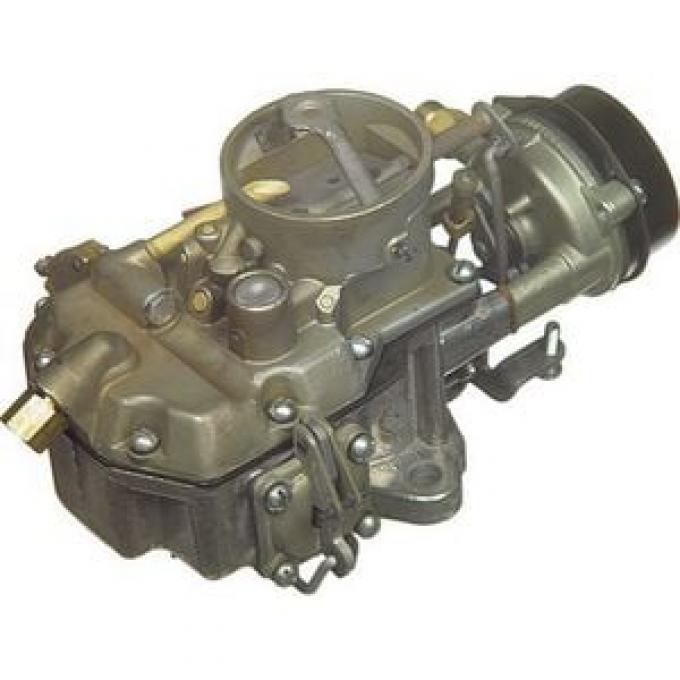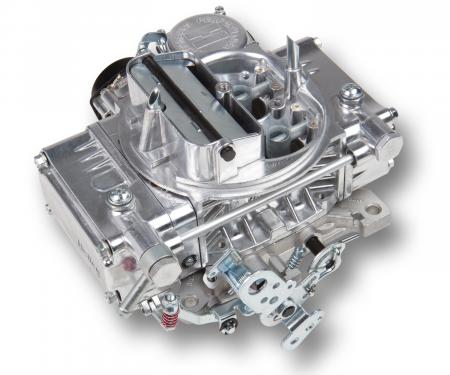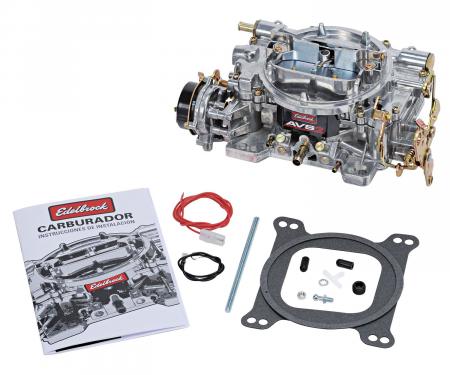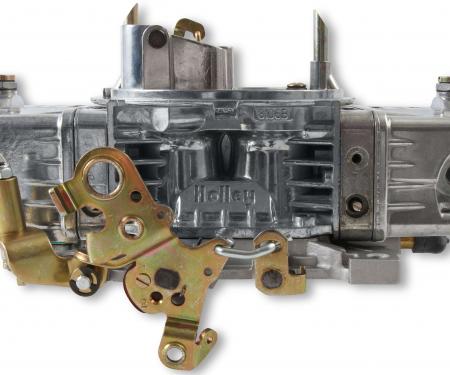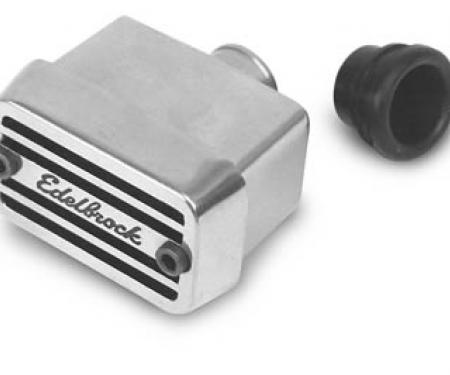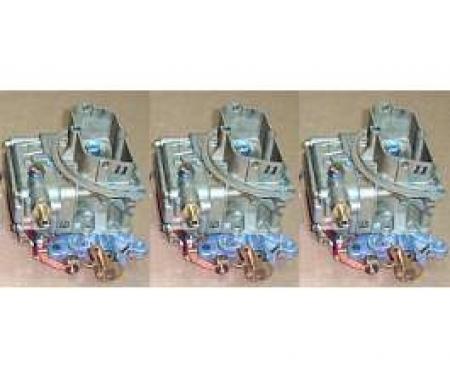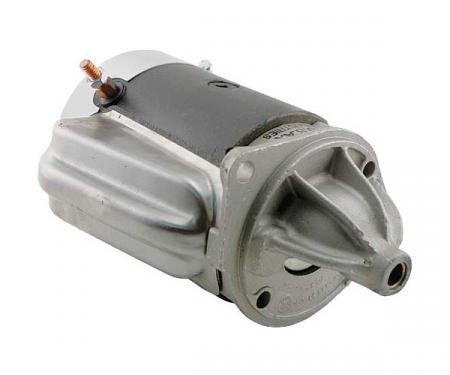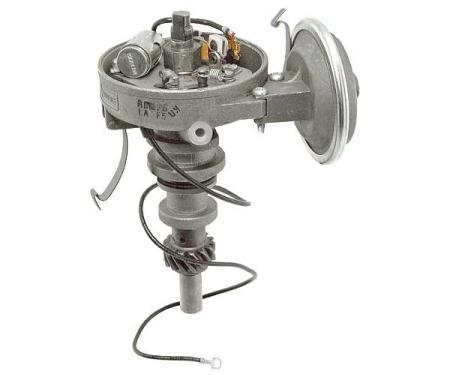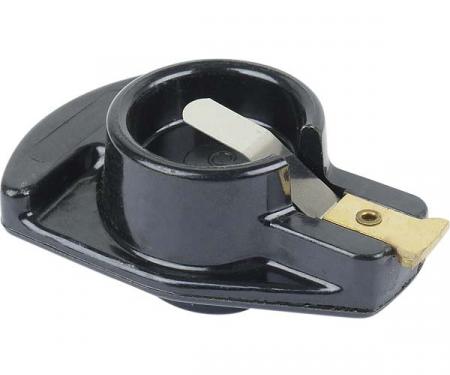Autoline Replacement Carburetor, 1 Barrel, Remanufactured, Automatic
All base, body and air horns are stamped prior to disassembly to ensure units are reassembled with the proper “companion” parts. Internal parts such as jets and metering rods are identified, to ensure they remain with the original castings, where variations may have occurred at the manufacturing level. This process ensures that original flow characteristics are maintained.
After disassembly all parts are inspected and cleaned in industrial equipment. Internal parts such as gaskets, needle and seats and plunger cups are discarded. All white metal castings are chemically processed to restore the factory finish. All aluminium castings are sandblasted or tumbler processed to restore the finish. Bases are surfaced to ensure proper mating with the body assembly and the manifold. Mounting holes are refaced to assure proper torque of mounting fasteners.
During our sub-assembly process all threads, inlets and vacuum pipes are inspected and repaired or replaced if necessary. Throttle and choke plates are inspected and replaced if not serviceable. Throttle bushings are installed wherever throttle shaft play is not within tolerances. Completed base assemblies are checked for vacuum integrity. Any base that does not meet our specifications must be repaired prior to use.
Throughout our assembly process all body and calibration components are reassembled to the original unit to maintain product calibration. All assembly components are tested prior to product assembly. Completed product is flow tested throughout all ranges of operation to ensure proper calibration. Choke adjustment, idle speed and air-screw settings are made during product testing. This process allows the technician to start the vehicle upon product installation. Final adjustments may be necessary due to varied engine condition.
All AutoLine Carburetors are heat shrink packaged with installation instructions, mounting gaskets and specific technical bulletins.
Vehicle Fitment:
| Make | Model | Years |
| Ford | Mustang | 1965 - 1969 |

